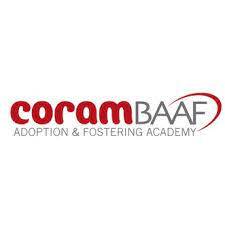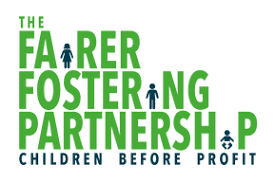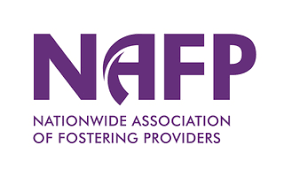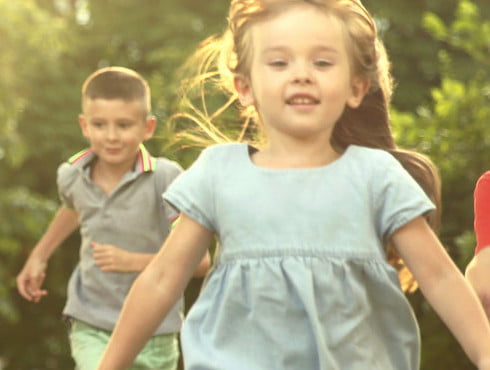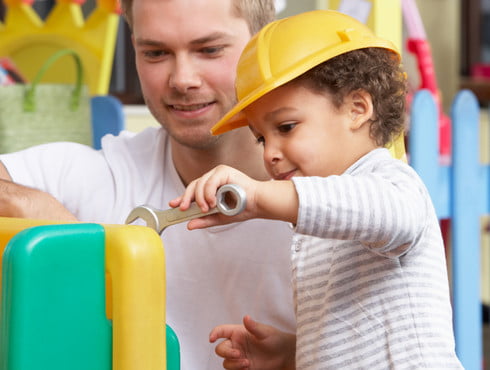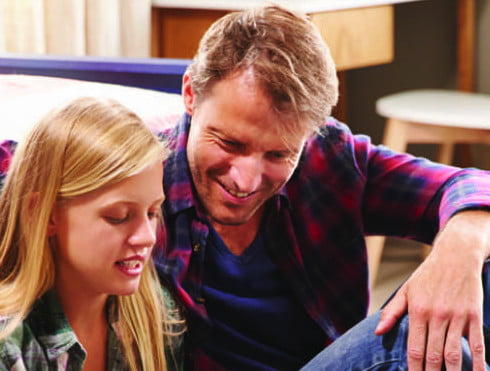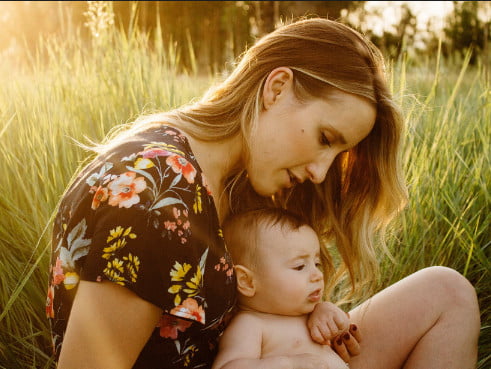What is Staying Put in Foster Care?
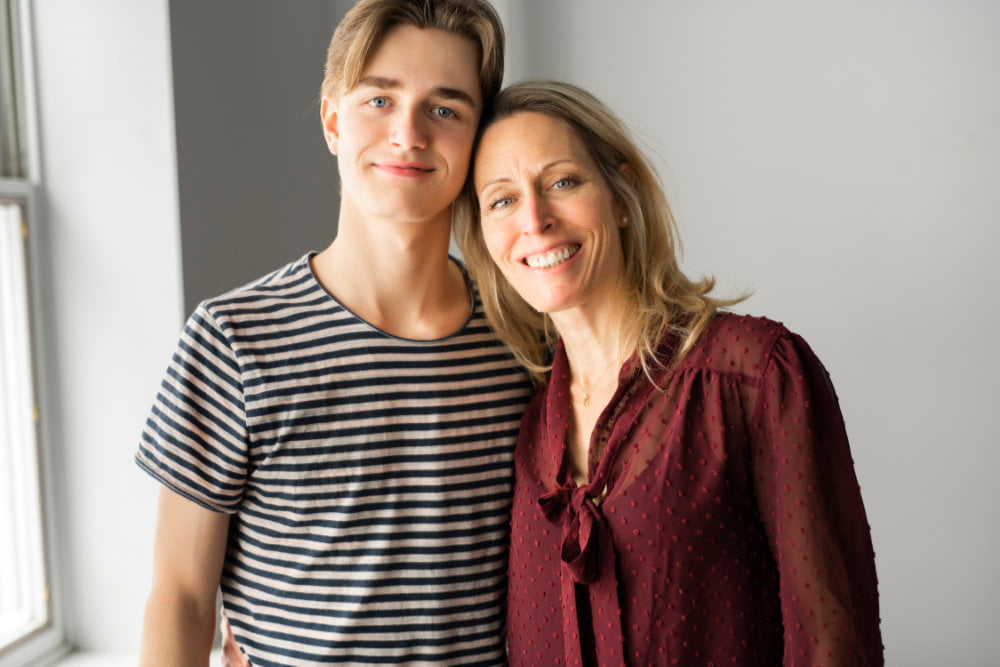

A special arrangement, where a young person reaches 18 years old but they are not yet ready to move on.
At age 18, it is expected that a young person who is now entering adulthood will leave the family home and become independent, however, in some cases (and more often nowadays), 18 year olds are not prepared to go it alone, away from what they are used to.
Staying Put, given everyone agrees, allows a young person to stay with their foster family to maintain consistency in their home life whilst they figure out their next steps in life.
At The CFT our values are based on creating families that stand the test of time, and in our experiences families also are not prepared to part ways as soon as the young person turns 18. Although an informal arrangement historically, the Staying Put placement is now recognised by law and requires fostering agencies and the local authority to continue support for the entire placement duration.
Our family for life ethos is championed via the Staying Put placement type, enabling us to continue to support foster families as they navigate the sensitivities of entering adulthood and independence.
Outcomes of staying put in foster care
The benefits young people gain from staying put shouldn’t be underestimated, this is a turbulent time for all teenagers but for children in care it can be especially difficult. Feelings of abandonment or lack of opportunity can often make them take backwards steps. Knowing they will continue to have a bed to sleep on, without condition, means they can focus on making the decisions that will form their futures.
There will be changes to the fostering arrangement now that the young person is no longer a foster child, these include the allowances received, but the support and training does not. Access to your social worker remains the same, but can be tailored to the young person’s requirements – you may not need as much support as you have received previously, these discussions can be had before and after the young person becomes 18.
To continue to support a young person beyond 18 shows dedication to the individual who has become part of your family, it can be the defining show of care that makes the difference between success and failure in independence.
Make an enquiry!
Become a foster carer

Staying put | Latest news
Fostering with young children
Coping with stress in fostering
Fostering moments & championing creativity
Types of foster care

